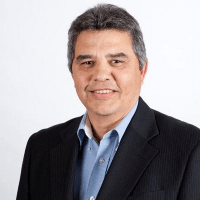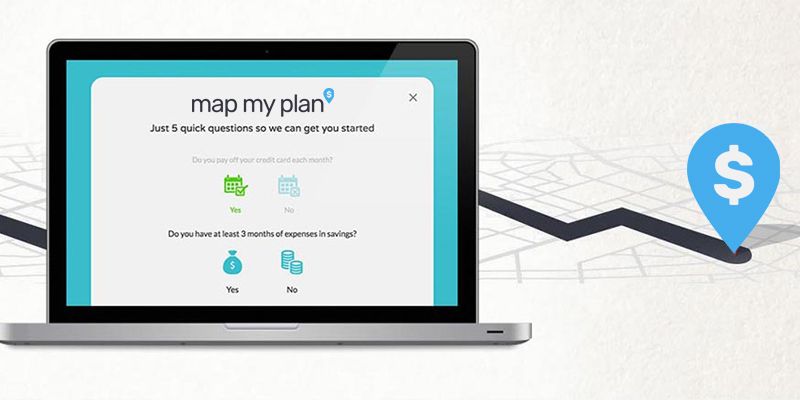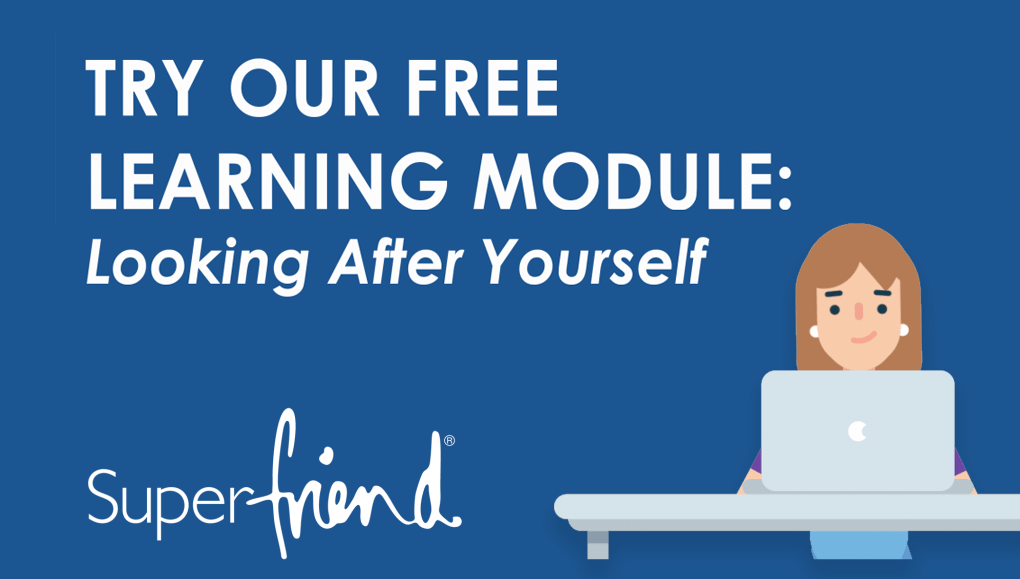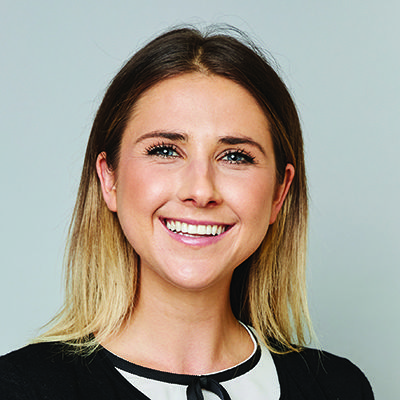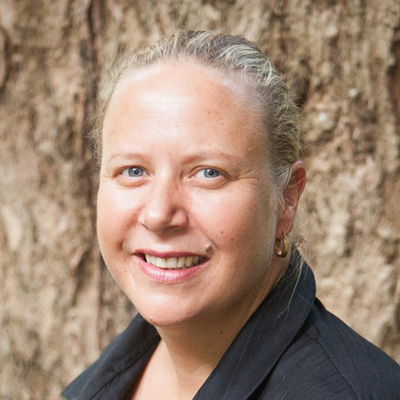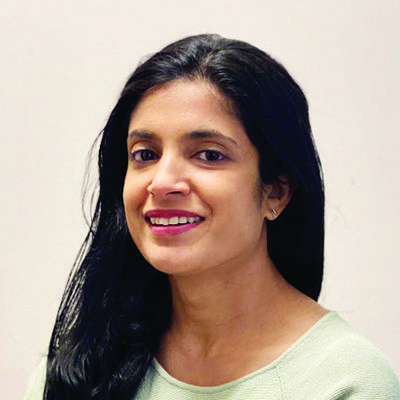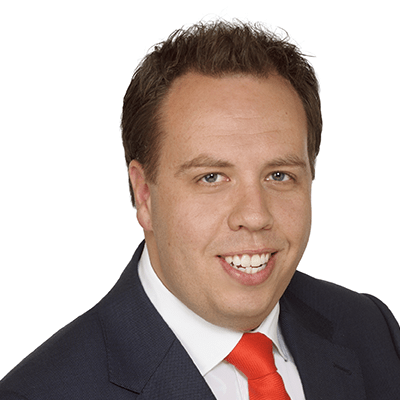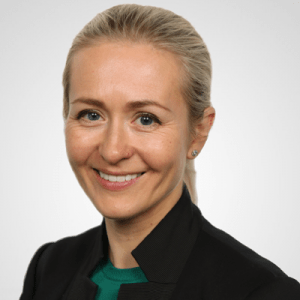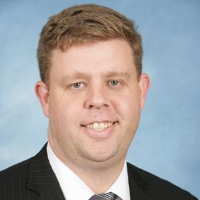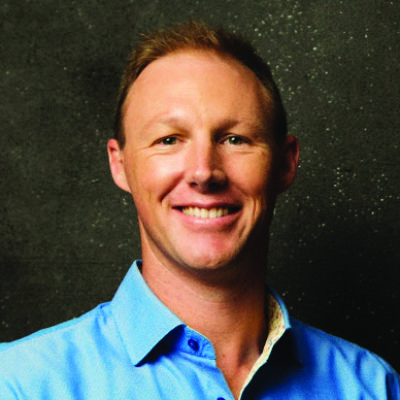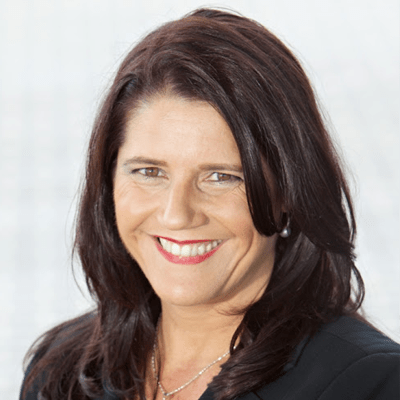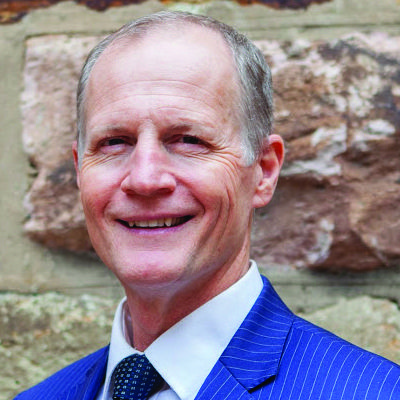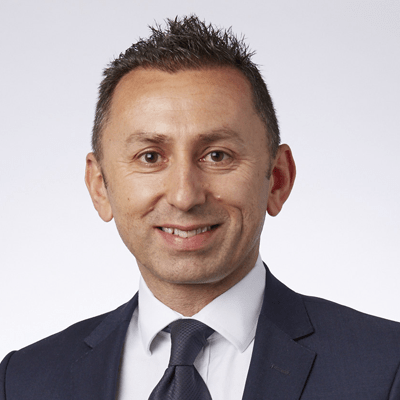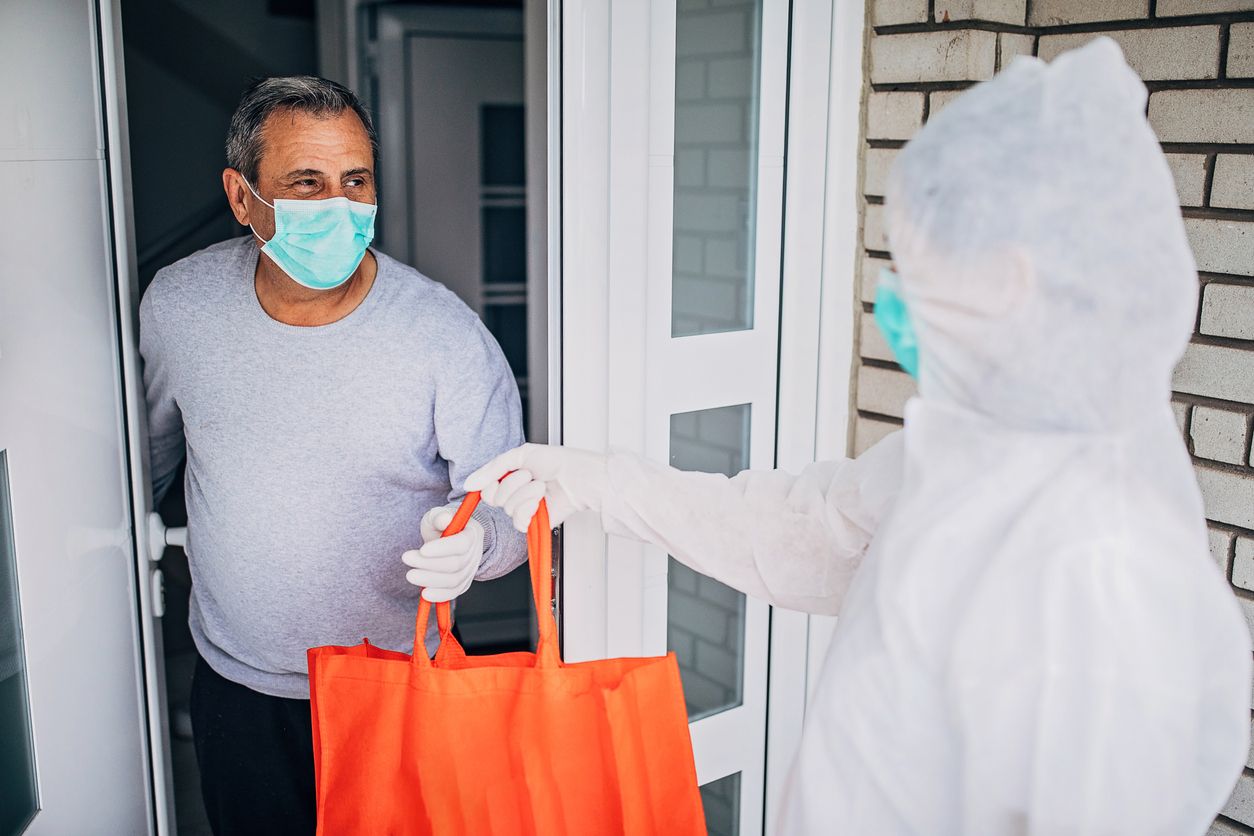
They’re back: first home buyers turn to the Bank of Mum and Dad
The Bank of Mum and Dad (BOMAD) is back in business as changing market conditions encourage first home buyers to get onto the property ladder.
First-time buyers are taking advantage of dropping prices, record-low lending rates, a range of government financial incentives and reduced competition from investors and are looking to take the plunge into property ownership sooner than they had expected – with a lot of help from BOMAD.
“I brought up in conversation [with my parents] that my girlfriend and I were starting to look and think about buying a place. That led to them asking about where we were getting the deposit, and when I mentioned my girlfriend’s parents had offered her a loan, they said they could help as well,” says Jim, 36.
“[My parents] downsized their home a couple of years ago, so they have some spare cash at the moment. We’re very lucky. I’m a student, so I have minimal savings, and my partner has good savings but has inconsistent income, so this will open up our options.”
According to Digital Finance Analytics, parents lending or gifting money to adult children for property purchases peaked in the middle of last year with about 12,000 loans a month, then dropped to 1200 by the beginning of this year.
But CommSec reported in mid June that first home buyers had hit a decade high of 37.4 per cent of all owner-occupier loans, and James Symond, CEO of Aussie Home Loans, told the Australian Financial Review that involvement of BOMAD in first home buyer inquiries has more than doubled compared to this time last year.
“We’ve been talking about buying a house eventually, but we wanted to do some travelling after I finish my studies later this year, which doesn’t look like it’s an option anymore,” says Jim. “So it seems like we’ll be looking to buy instead.”
Property prices across most of Australia have dropped in the last quarter, and are forecast to keep dropping well into next year, giving hope to would-be homeowners who, until now, have felt that property was out of financial reach. CoreLogic reports that residential property values declined -0.8 per cent nationally in the June quarter, led by a 1.1 per cent fall in values across the capital cities.
The federal government’s HomeBuilder grant, which provides eligible owner-occupiers (including first home buyers) with $25,000 to build a new home or substantially renovate an existing one, and the First Home Owner grant of $10,000, have made owning a home more of a possibility for some.
However, as Jim points out, the restrictions on the HomeBuilder grant – that it be used to build or substantially renovate a home – and the First Home Owner grant – that it be applied to a new or renovated property valued at less than $600,000 – isn’t necessarily helpful if you’re looking to buy an existing home in Sydney within an hour of work.
This is where the Bank of Mum and Dad comes in.
The government’s First Home Deposit Scheme allows first-home buyers to purchase with just 5 per cent of the cost of the house, but there are limited places allotted to the scheme, and the reality is that property prices in capital cities are still expensive compared to income.
In Sydney, for example, the median price of a freestanding house is $1.01 million, and the median unit price is $761,000, while the median annual income for NSW was $48,700 at the time of the Australian Bureau of Statistics’ last report.
Parents with equity in their own homes, comfortable savings accounts or access to super are helping their children make up that discrepancy.
Finance website Mozo calls BOMAD the fifth biggest lender in Australia, and reported that it lends $92 billion a year, behind the Big Four banks but ahead of other major lenders ING and Suncorp, with an average loan of $73,522.
James Algar from Mortgage Choice, who is based in Sydney’s Northern Beaches said they have seen an increase in loan pre-approvals from millennials in the area, looking to jump on the property ladder.
“This area has long been a part of the country where the Bank of Mum and Dad has ruled. But we have definitely started to see, especially during this time, parents who have the assets, trying to get their kids into their first home,” he said.
“First home buyers are using their parents and guarantors for their loans. So rather than stumping up a 20 per cent deposit, they might be able to get away with half that amount, and use their parents to back their loan.”
Mr Algar said he recently helped one of his clients in his 20s, purchase his first apartment in Randwick.
“What millennials are finding is that it’s easier to get into the market, as some property prices are dropping during COVID. You have to know which areas you should buy in, and the type of property you can afford.”
The risks
While the Bank of Mum and Dad seems like an easy way to pull together enough for a deposit, there are risks.
Primarily the risks are to Mum and Dad themselves, as lending or giving their children enough money to make up a deposit can put them under financial strain.
The research from Mozo revealed that 64 per cent of parents dipped into their savings to come up with the funds, 34 per cent cut back on their own expenses and 16 per cent used cash from their home’s equity. One in four BOMAD lenders said they were experiencing financial stress themselves as a result of the loan.
It’s important to make sure any loan agreement is documented, with allowances made for all possible eventualities – including what happens if an offspring defaults on the loan.
Many parents did not expect their children to repay them, but of those that did – whether they were applying interest or not – almost 20 per cent surveyed admitted they were still waiting for payment.
A loan from BOMAD will also have an impact on first-home buyers’ mortgage application. Following the Royal Commission last year, banks tightened lending criteria and started looking harder at where the deposits are coming from.
What that means is that even if you have the deposit, if a lot of it has come from BOMAD, banks will now also investigate if you have the ability to save yourself.
They may ask for a few months’ worth of bank statements to see a breakdown of your incomings and outgoings, including savings. If you don’t have a history of good savings habits, even if you have a good-sized deposit, they are less likely to give you a generous loan.
It’s also important not to overextend – just because a good loan from BOMAD means you can borrow $800,000 doesn’t mean you should. Do the maths to decide whether you can afford the repayments yourself – after all, you never know when BOMAD will cease servicing your loans.

